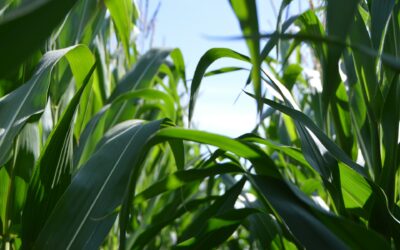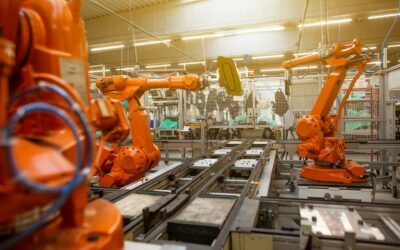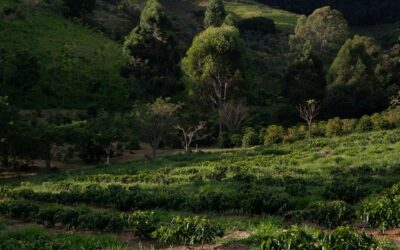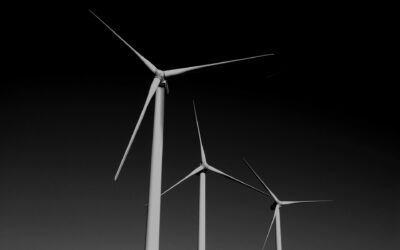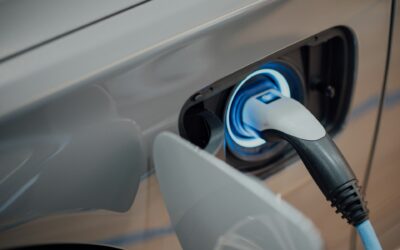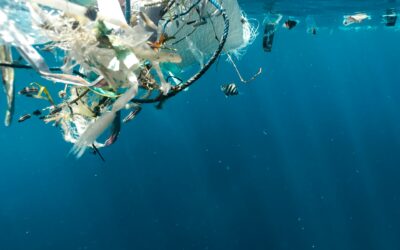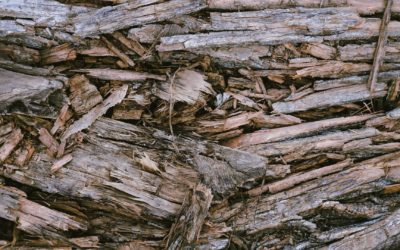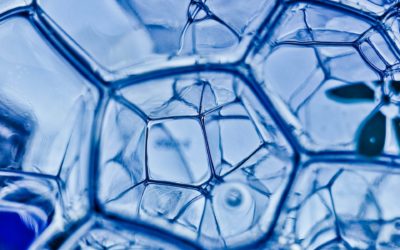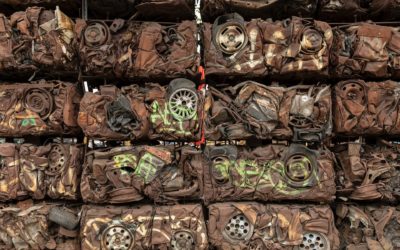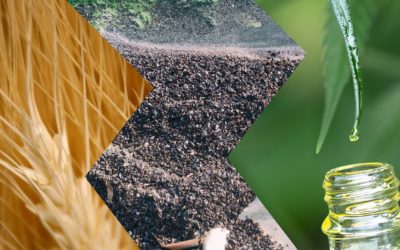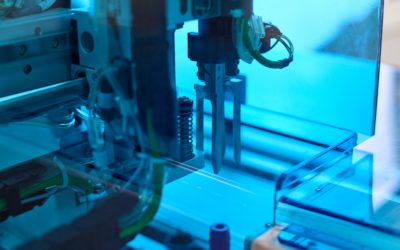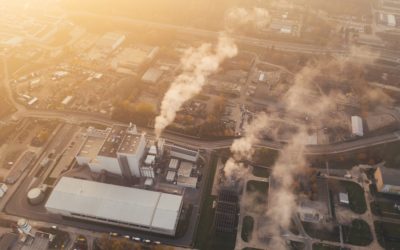cartif projects
Sustainable Biofuel Generation and Purification Process
Description
The project is focus on the valorisation of agro-industrial organic residues for the production of biomethane, through anaerobic digestion processes. Also, the use of technologies for the treatment of gaseous and liquid streams will be based on membrane contactors and reverse osmosis membranes, respectively. On the other hand, pretreatment of samples with microwaves will also be studied. The object focuses on obtaining a combined process in close cycle that could varolise the residual currents derived from this agro-industrial processes.
Objectives
- Use of microwaves techniques for the treatment of biomass and residual currents.
- Purification of biogas, to remove contaminant content, H2S, siloxanes and humidity, and refinery for the elimination of CO2.
- Verification of the correct use of technologies applied through the analysis of solid, liquid and gaseous currents obtained in the processes.
- Close of cycle through the treatment of resiual currents from the generation and purification of biofuels.
Actions
- The project is focus on the valorisation of agro-industrial organic residues for the production of biomethane, through anaerobic digestion processes. Also, the use of technologies for the treatment of gaseous and liquid streams will be based on membrane contactors and reverse osmosis membranes, respectively. On the other hand, pretreatment of samples with microwaves will also be studied. The object focuses on obtaining a combined process in close cycle that could varolise the residual currents derived from this agro-industrial processes.
Expected Results
The investment on the equipment listed above will allow to complete, improve and update a system that supports the use of renewale energies such as biofuels to reach sustainable processes that allow reducing the greenhouse gas emissions. The development of new ways of biofuel obtention is important for its application in the different economic environments and geographical areas in which determine technologies can benefit over more traditional ones. As already mentioned in other sections, the equipment will allow the genration of valuable knowledge for the reproducibility or industrialisation of the solution tested at laboratory level.
INFRASTRUCTURES CYL 2021
File: 2021 CCTT 06
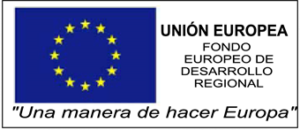
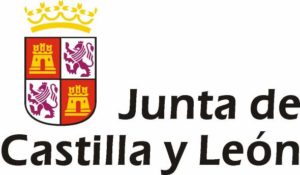

CARTIF total budget: 264,500.00 €
CARTIF Grant: 132,250.00€
Cofinanced by FEDER founds contributing to the OT1 objective “Promote the technological development, innovation and a quality research” from the FEDER Operative Programme of Castilla y León.
Responsible
Dolores Hidalgo
Division of Agrifood and Processes
Networking
CCTT Infrastructures Projects:
Study of the use of alternative protein sources from agro-industrial by-products.
Increase the extractability of protein sources and other compounds of nutritional interest, naturally present in by-products generated in the transformation processes of the food industry, through the use of “green technologies” of pre-treatment such as extrusion
Incorporation of new equipment and processes to improve the advance digital manufacturing laboratory
Acquisition of advanced technological elements to enhance rapid prototyping services, as well as to support specific developments in the challenging processes of creating objects that are not available on the market or are costly to produce in limited quantities.
Agrigenomics and next-generation sequencing technologies
Implement advanced solutions to solve various problems linked to the agro-forestry and food sectors in Castilla y León, such as soil degradation, low agricultural productivity or the incidence of pests and diseases
Study of the mechanical behaviour of recycled composite from the aeronautical industry and wind turbine blades.
Increase knowledge of the mechanical behaviour of recycled materials from the aeronautical industry and wind turbine blades.
Efficient recovery of metals from spent EV batteries
The project focuses on the recovery of critical metals present in the cathode of spent electric vehicle battery cells, through a more environmentally sustainable process, for their future reintroduction into the value chain.
PROBIO
The general objective of the PROBIO project is to work on broadening the spectrum of substrates that can be treated in fermentation processes for the production of renewable gases (biohydrogen and biomethane) and biocompounds of interest (volatile fatty acids).
Contribution to the substitution of fossil fuels by biofuels to help reduce global warming.
CARTIF projects Contribution to the substitution of fossil fuels by biofuels to help reduce global warmingDescriptionBiofuels offer greater energy security, lower greenhouse gas and particulate matter emissions, rural development, better vehicle performance and a...
Renewable hydrogen and natural gas production and storage
The project focuses on the development of an integrated process for the production of green hydrogen and hydrogen carrier molecules (energy carriers) for use as renewable fuels to replace current fossil fuels.
Sustainable process for the efficient recovery of metals from wasted electric vehicle batteries
Recovery of metal oxides present in the cathode of electric vehicle battery cells by means of hydrometallurgical and direct recycling processes.
Innovation in rapid methods for the detection of biomarkers of interest in agri-food, environmental health and biomedicine
Las líneas de investigación de CARTIF en calidad de aire interior y mejora de la calidad alimentaria buscan ir un paso más allá en las capacidades analíticas y experiencia que se tienen actualmente para trabajar en aplicaciones dentro de los sectores de la salud ambiental, la agroalimentación y la biomedicina.
New equipment in advanced digital manufacturing
This proposal focuses on the Fab LAb (Fabrication Laboratory) concept, which is a digital fabrication workshop for personal use, i.e. a space for the production of physical objects on a personal or local scale that brings together machines controlled by computers. Its particularity lies in its size and its strong link with society rather than industry.
Development of research lines on air quality and agro-ecological processes.
The research lines of AIR QUALITY and AGRO-ECOLOGICAL PROCESSES seek to achieve sustainable solutions to alleviate environmental problems such as poor air quality, urban green regeneration, environmental well-being in cities, management and restoration of urban watersheds, sustainability in the use of resources and energy in cities, conservation of urban ecosystems…

